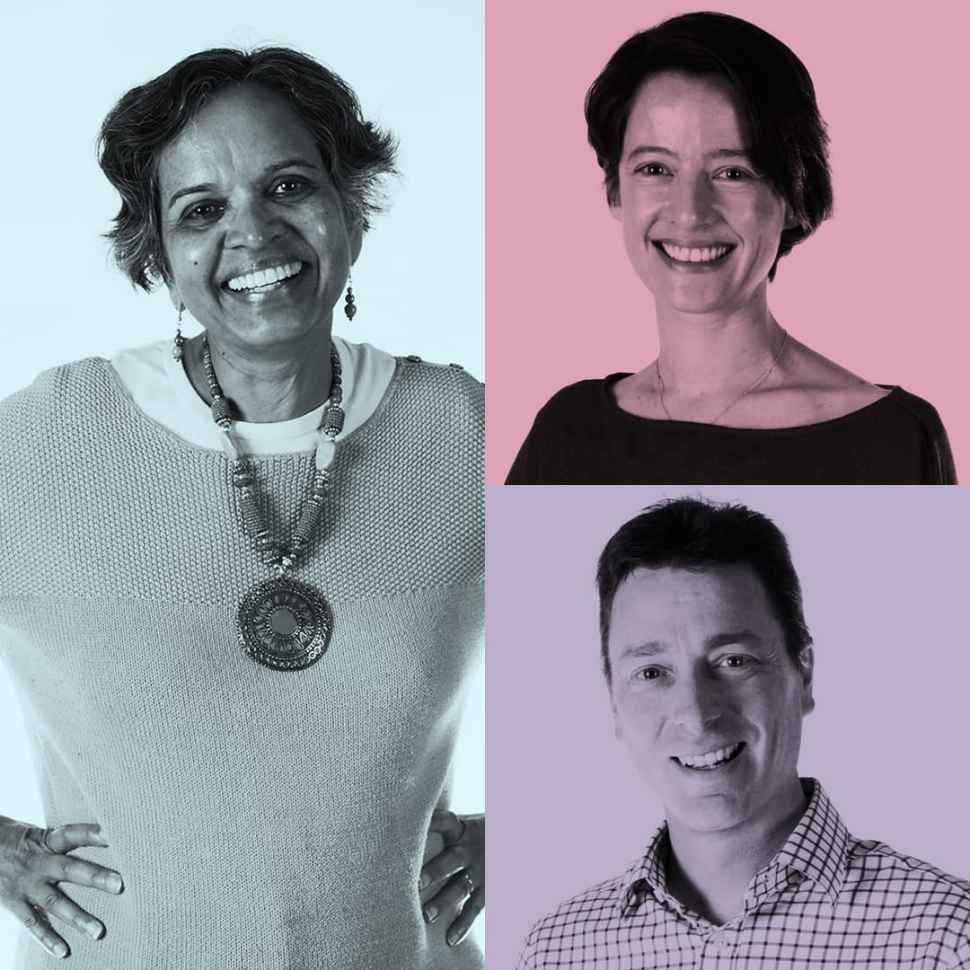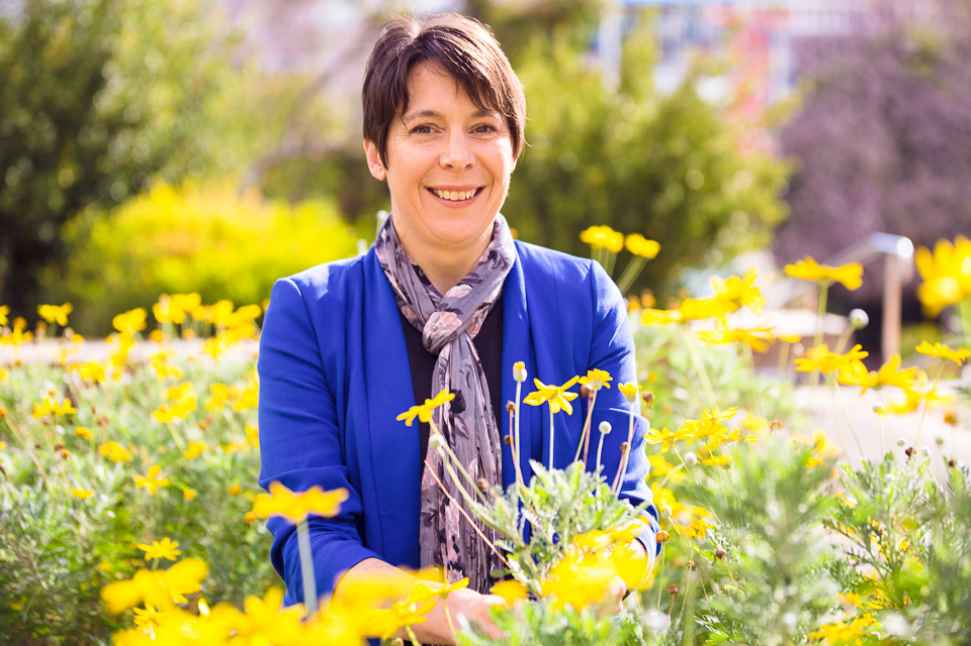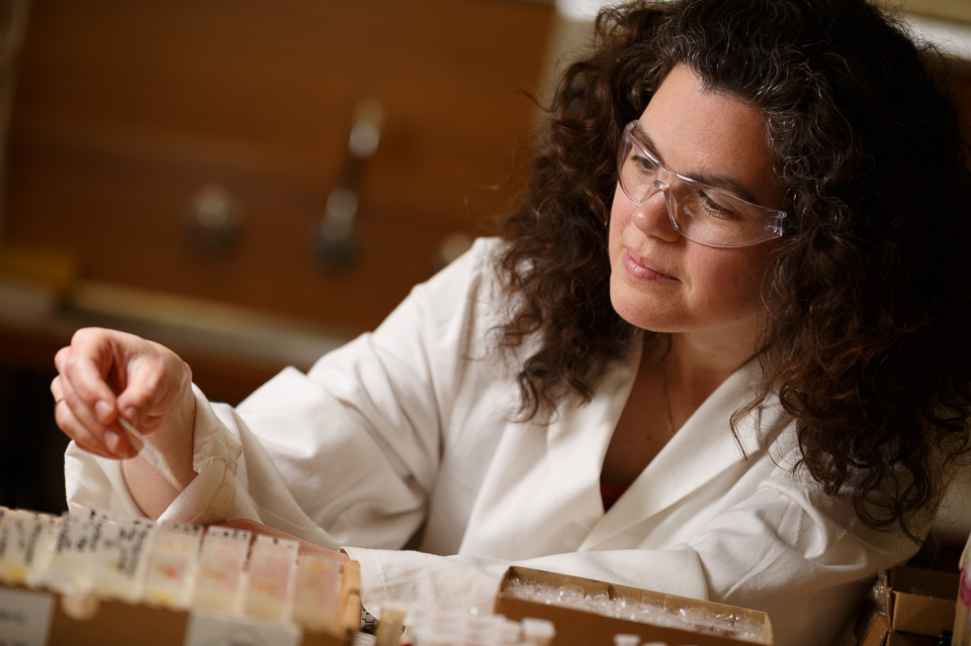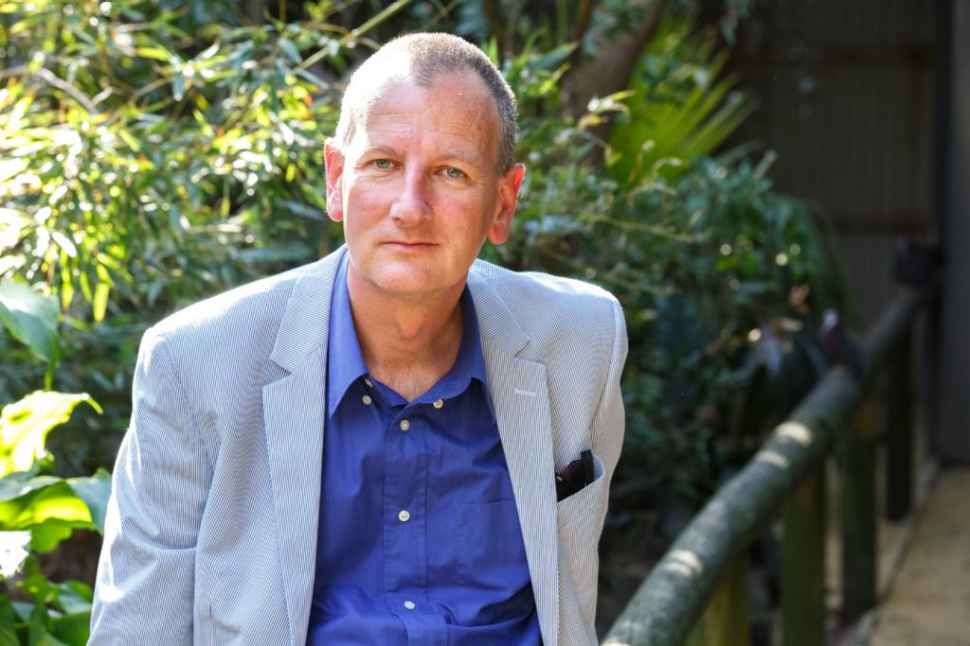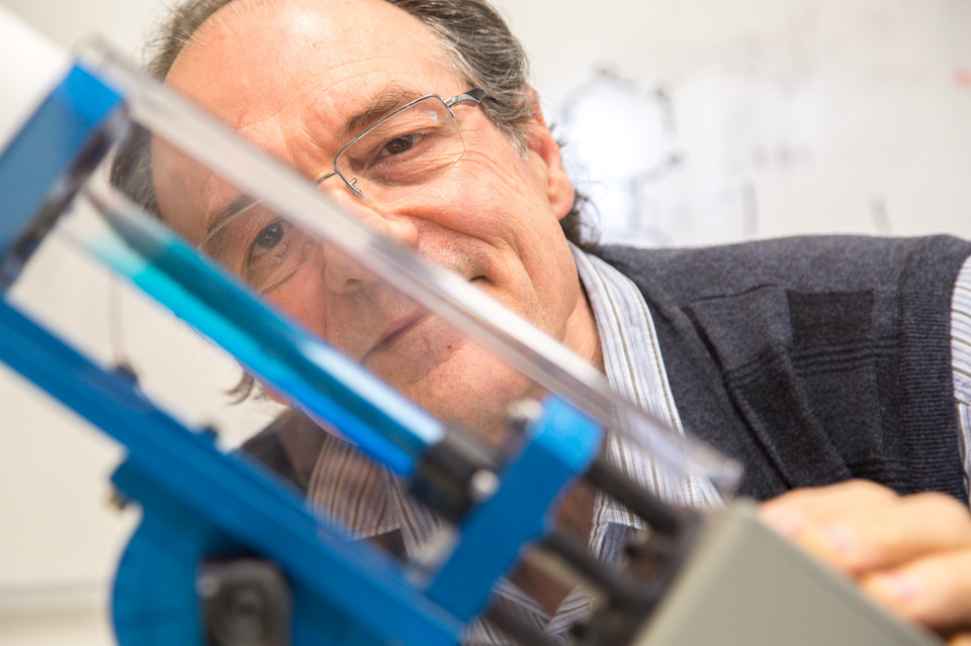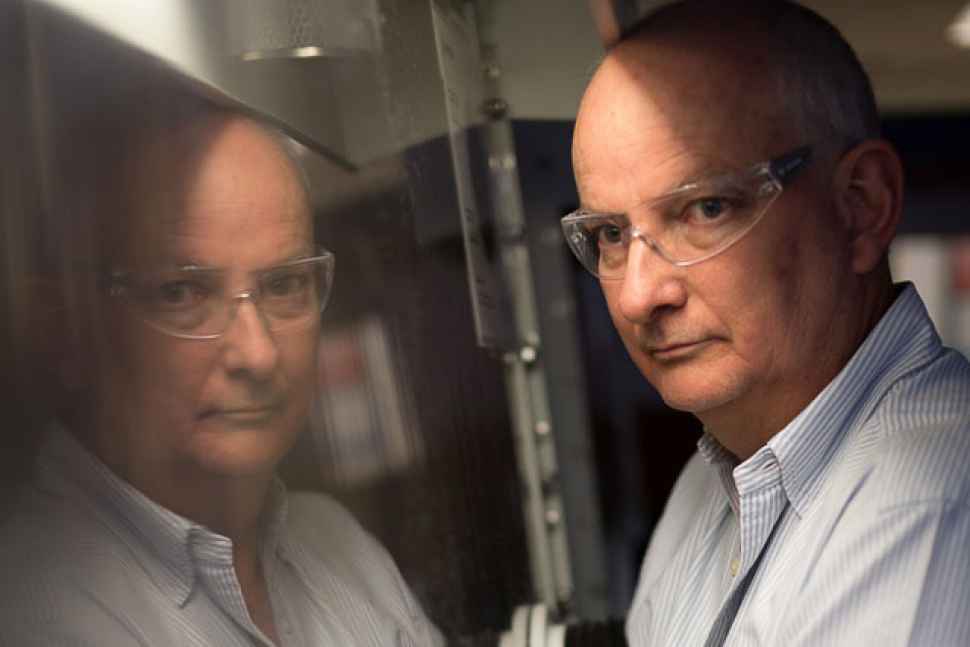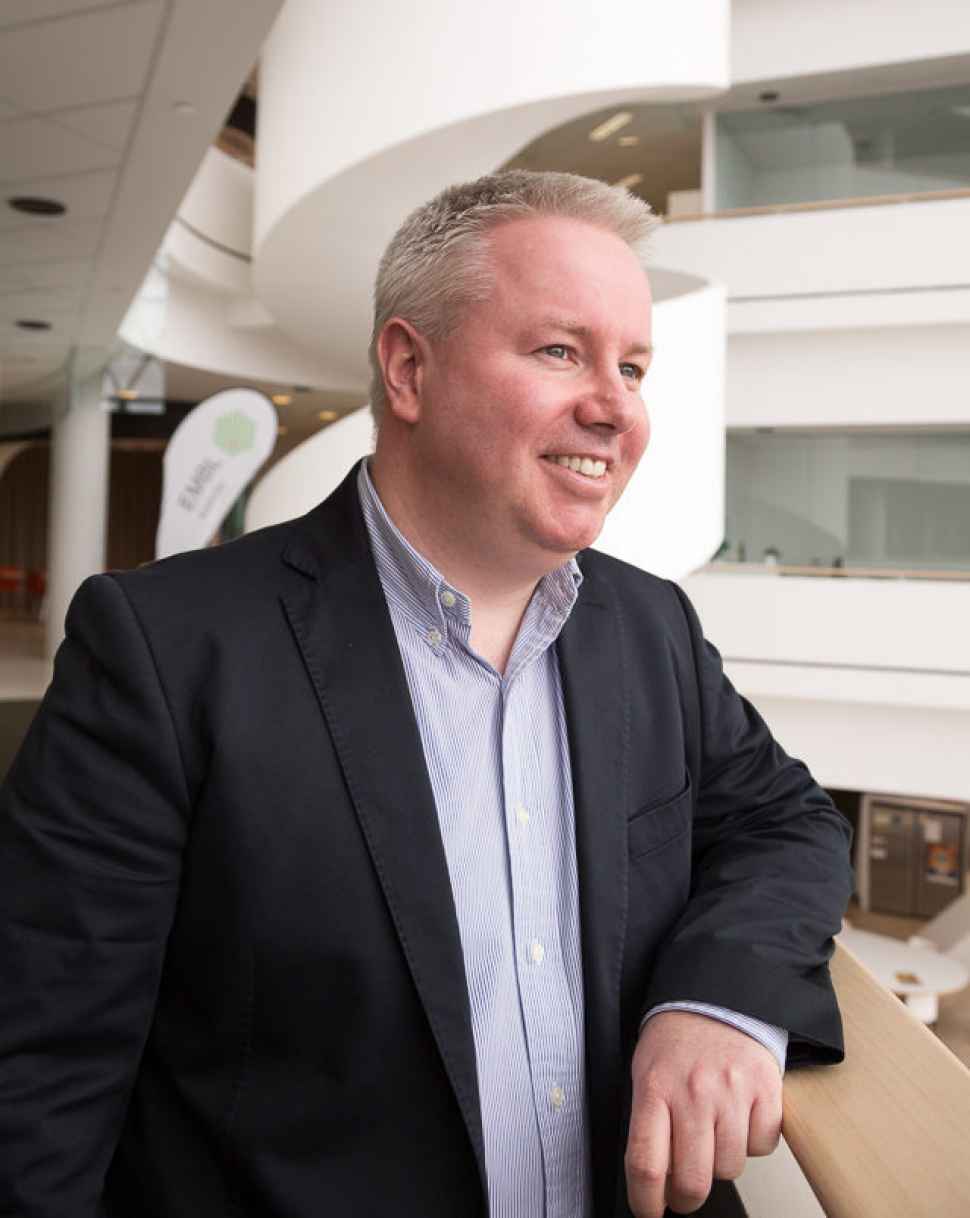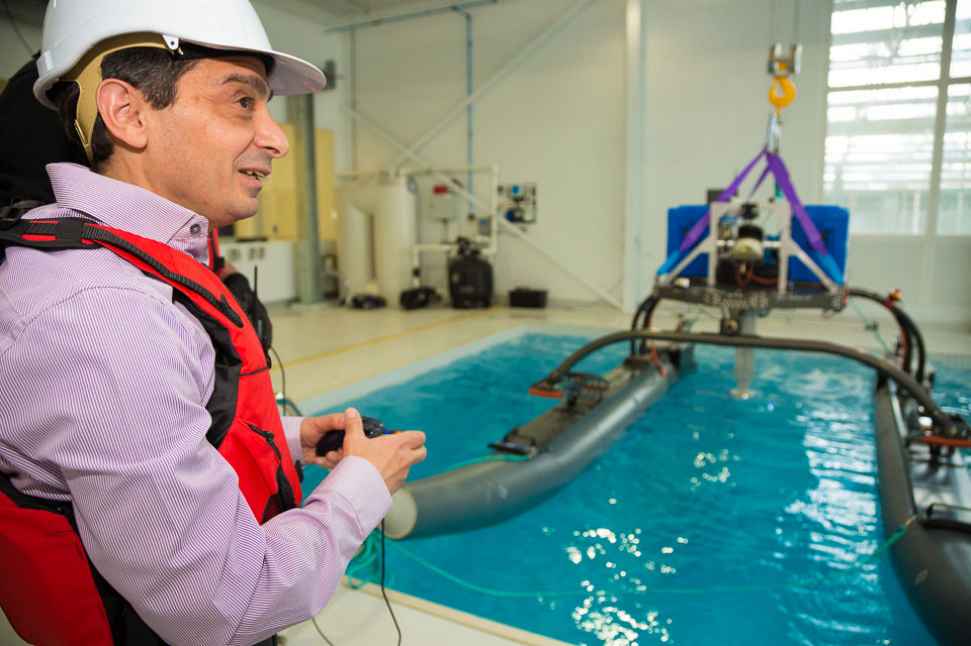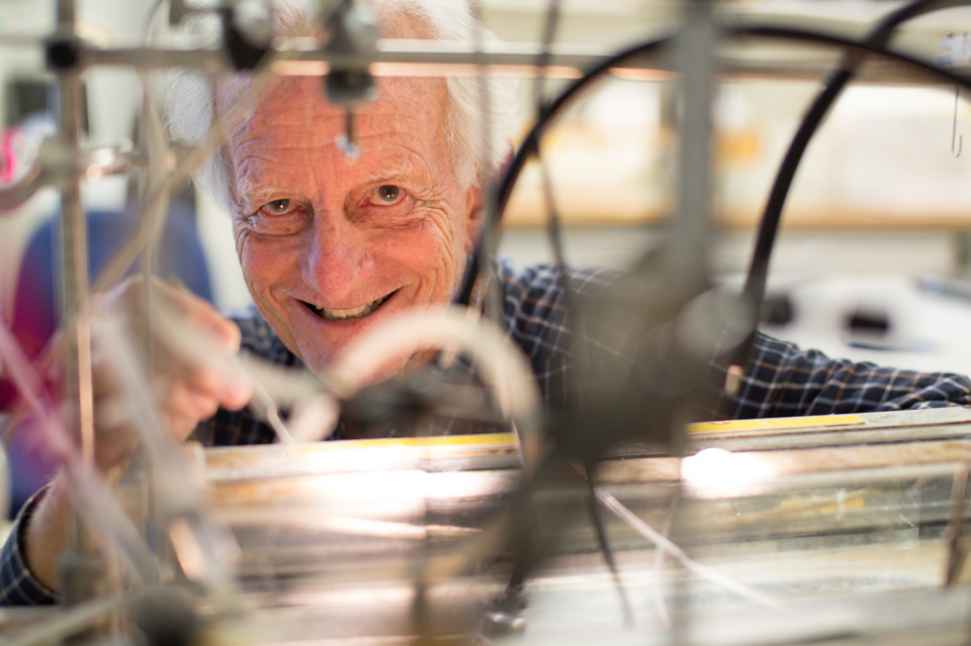Building the future through applied science.
Engineering and technology affect every aspect of society. From the smallest devices that permeate our daily lives to the large structures that make up our built environment and the technological systems that connect us all, engineering and technology have real impact. That’s why it is so important that the underlying research is not just sound but rigorous, and plugged into the real world.
Flinders University’s research in engineering and technology connects the dots between intellectual discovery and its myriad applications and products. Our collaborative research across many disciplines is informed by partnerships with universities, government and industry to ensure our research is thorough and connected to the community, covering a broad range of areas including defence, medicine and the environment.
Our engineers will make you move
The human body is perhaps the greatest machine on earth; a hugely complex assemblage of moving parts surrounding and protecting vulnerable organs.
But sometimes even the greatest of machines break down.
Traditionally this has been the province of doctors but more and more our engineers at Flinders are delving into the mechanics and intricacies of human movement and how it can be sustained and improved.
How do we make the joints stronger, our movement more fluid, our stamina less susceptible to fatigue?
It’s a fascinating new world of engineering.
Ideas becoming innovations that make a difference.
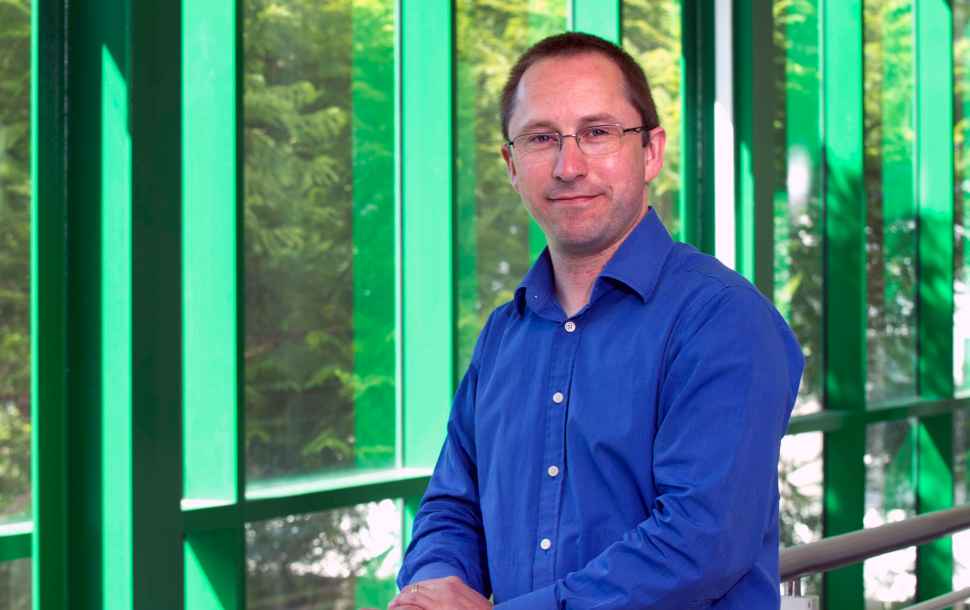
Professor Mark Taylor
Strategic Professor of Biomedical Engineering
Professor Taylor specialises in the use of computational modelling to assess the performance of new and existing designs for hip and knee replacements to increase their long-term survival rate.
Bombs and bouquets
Associate Professor Claire Lenehan’s skill in working with micro materials that enables her research to be applied to so many fields.
Read moreChasing the ochre trails
Dr Rachel Popelka-Filcoff is using nuclear spectroscopy to examine the origins of ochres used in Aboriginal objects.
Read moreDNA doesn't lie
Professor Adrian Linacre is tackling the illegal animal trade through science.
Read moreTiny tech: giant impact
Professor David Lewis has been headhunted to run research projects for IBM Research and has 50 worldwide patents on inventions.
Read moreBugs, drugs and beyond
Associate Professor David Lynn and his team are at the cutting edge of microbiological understanding.
Read moreAdvent of the cyber sailor
Autonomous boats and underwater vehicles are being developed by Associate Professor Karl Sammut.
Read moreMind matters
Professor Marcello Costa spends much of his working day in our neuroscience labs, bridging scientific divides wherever he can.
Read moreDefence
Forging powerful partnerships
Clean technology
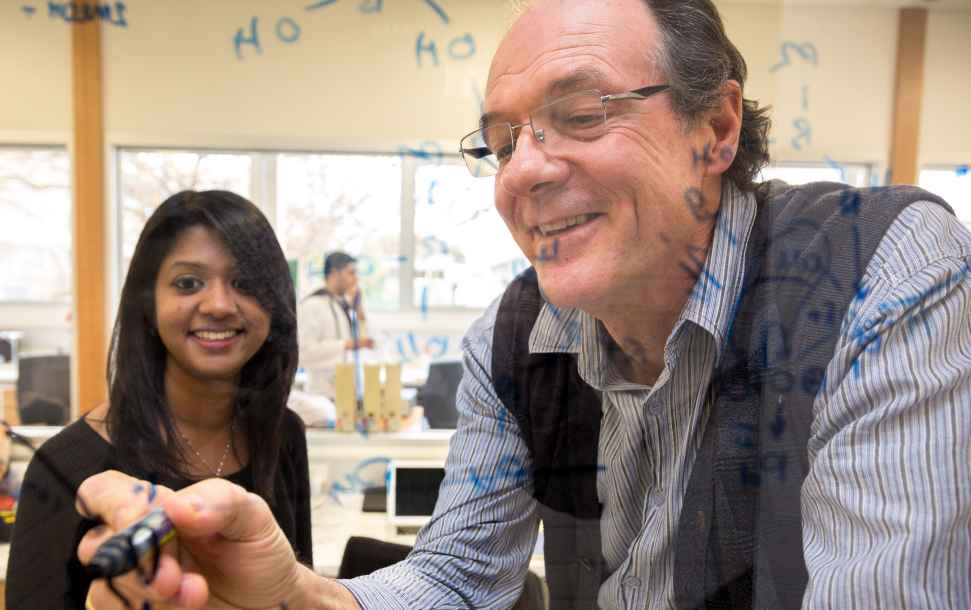
Professor Colin Raston
South Australia Premier's Professorial Research Fellow in Clean Technology
A pioneer in clean technologies, Professor Raston’s research covers clean technology and green chemistry, including the creation of products and processes that are “benign by design”.
Forensic science
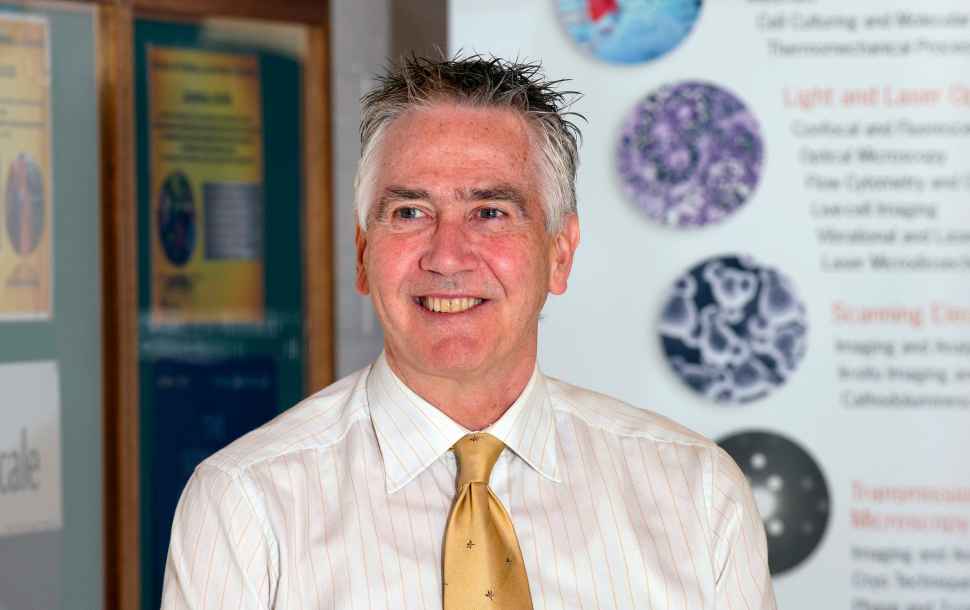
Professor Paul Kirkbride
Strategic Professor of Forensic Science
Professor Kirkbride is developing new techniques, knowledge and technologies that directly lead to improved forensic science practices.
Medical devices
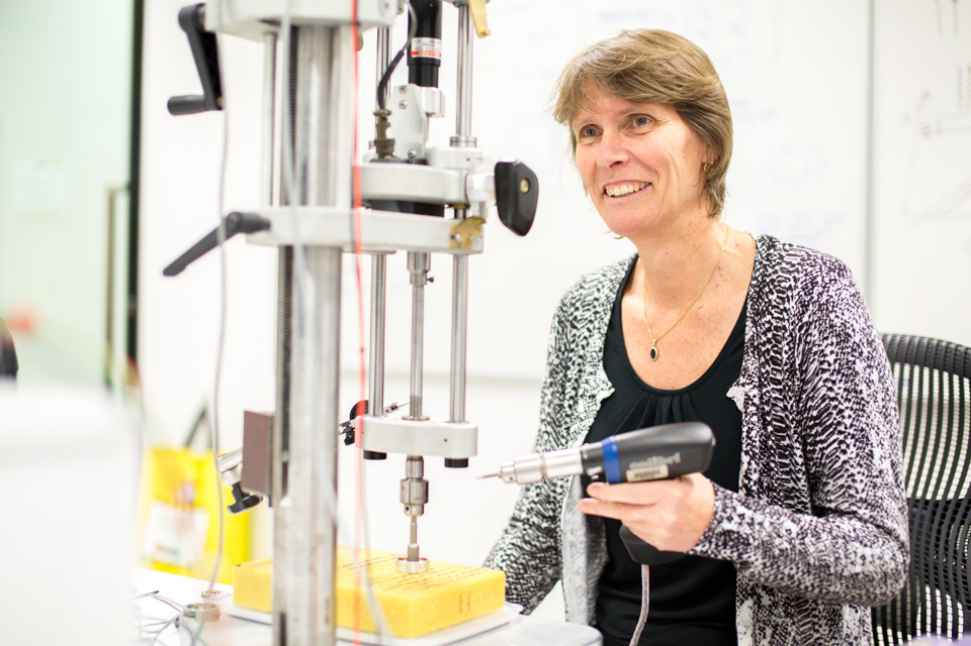
Professor Karen Reynolds
'Redesigning health'
Working closely with end-users and clinicians, Professor Karen Reynolds is responding to industry-driven problems and fast-forwarding the research and development process.
Medical devices
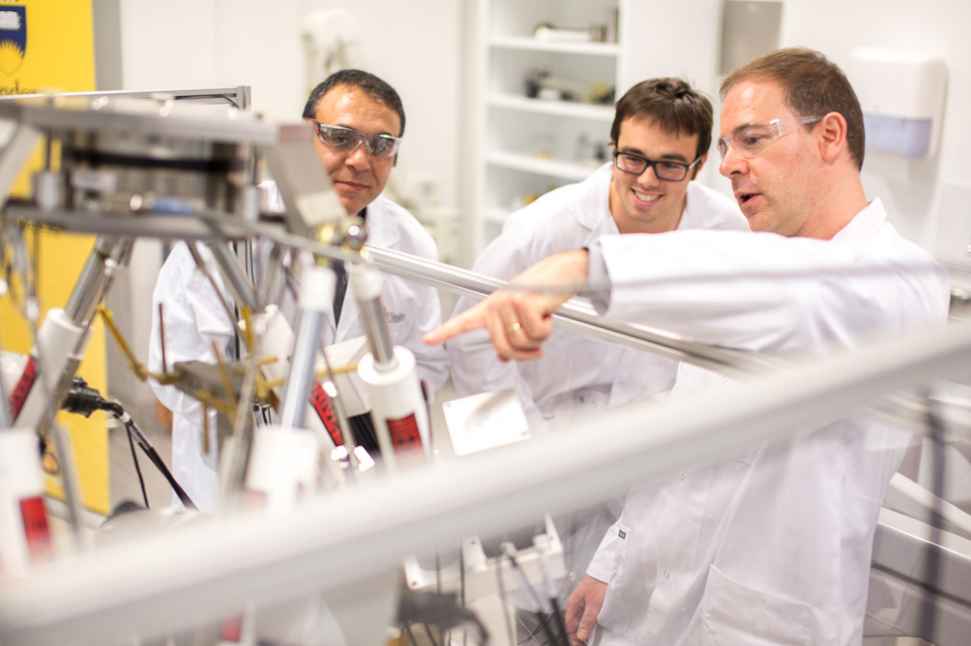
Associate Professor John Costi
'Testing the limits'
Associate Professor John Costi’s research is uncovering some of the secrets of why and how our joints fail, using a device that would be more at home in a fairground or a factory than a high-technology laboratory.


